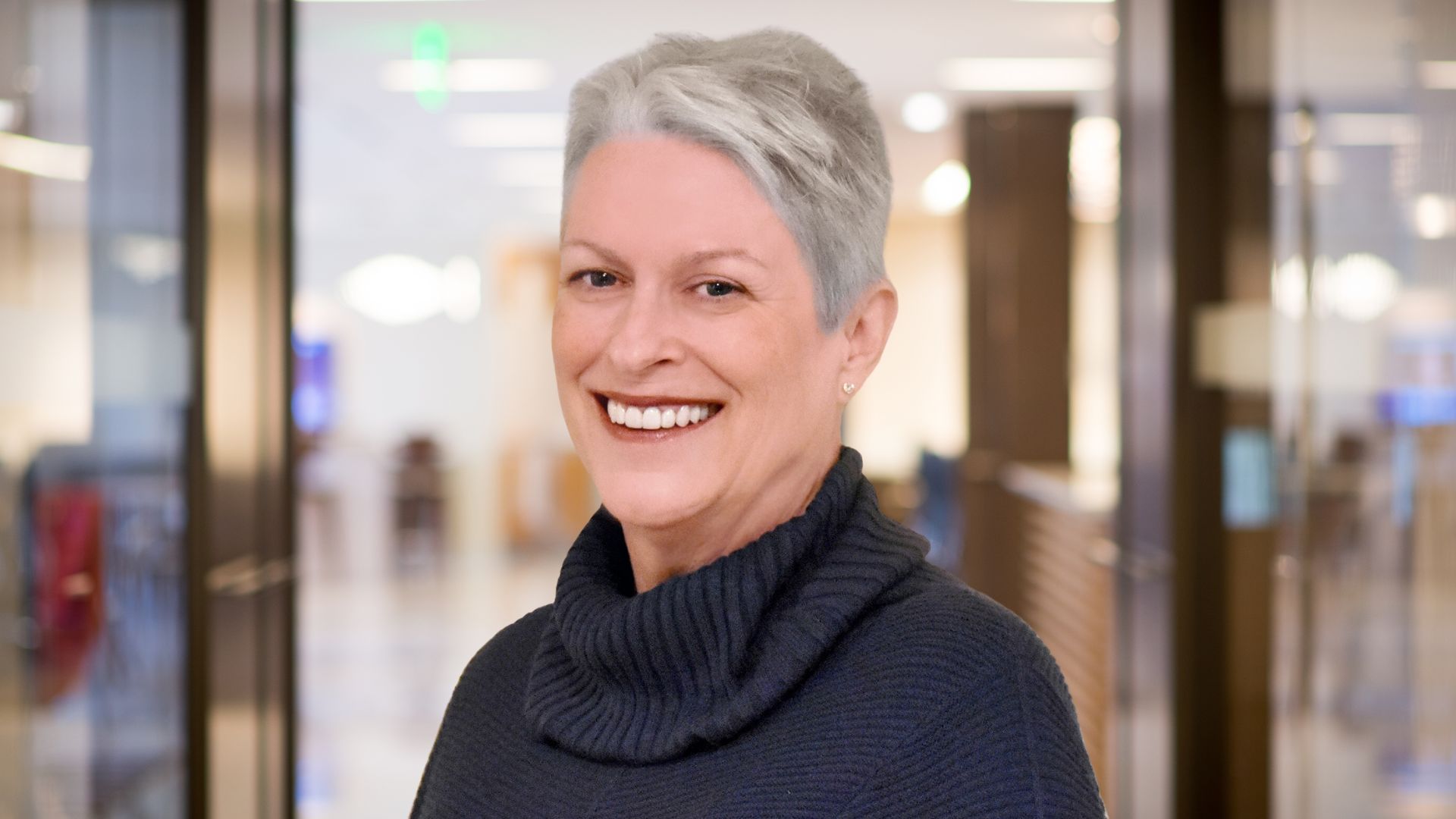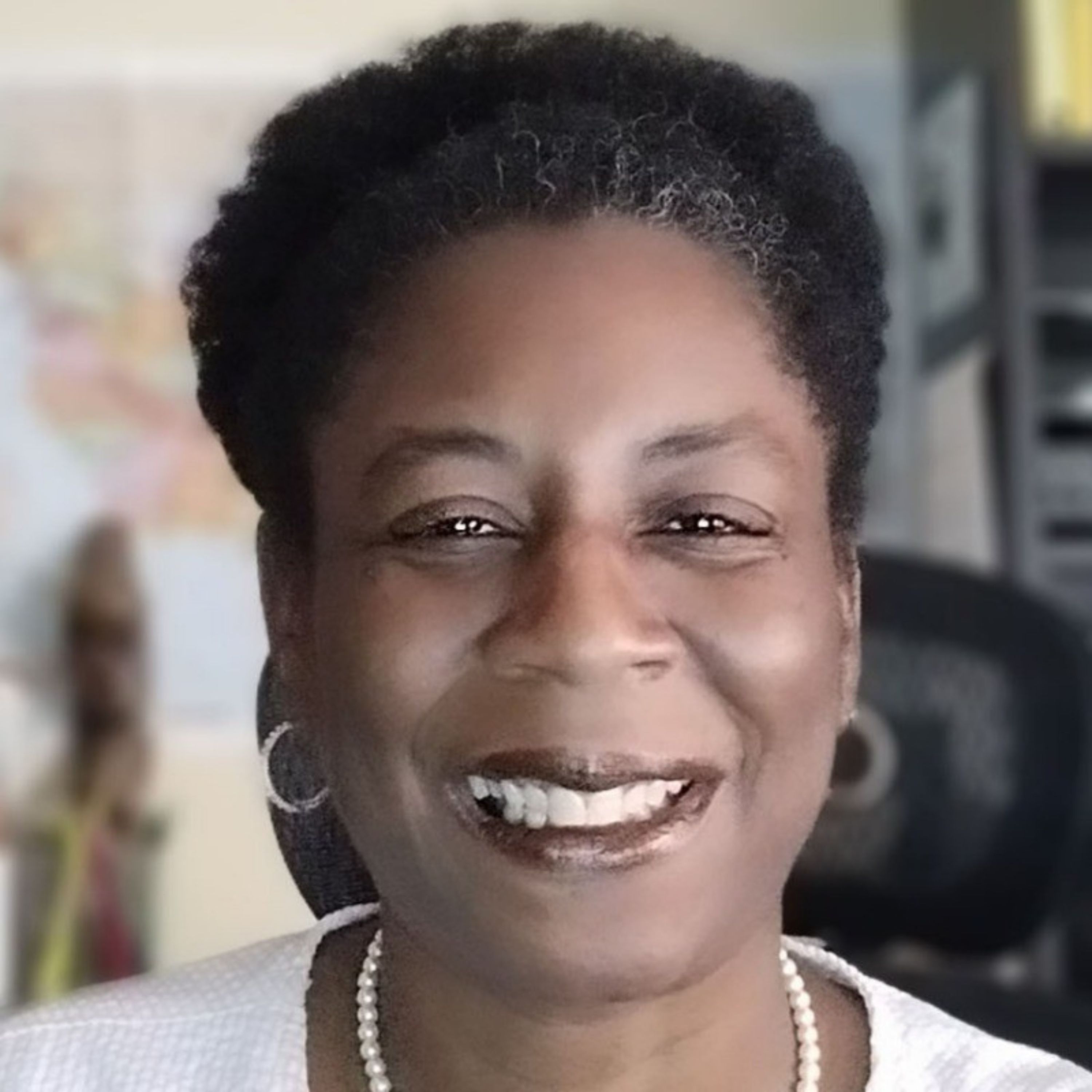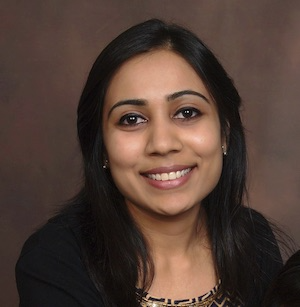
Tech Talent Spotlight Series: Dr. Celeste Fralick Ph.D.
08 Jan, 20245 minutesDr. Celeste Fralick is an executive technical leader with over four decades of industry expe...

Dr. Celeste Fralick is an executive technical leader with over four decades of industry experience. She presently holds the positions of Chief Data Officer and Chief Technology Officer at the AI-driven startups Choir Power and Innovatio HealthDesign.
Retiring from her role at McAfee in 2022, a global leader in cybersecurity, Dr. Fralick held the distinguished position of being the senior-most technical woman in the company. Specializing in machine learning, deep learning, and AI development, she played a pivotal role in shaping and executing analytics strategies to fortify cybersecurity measures.
Prior to her tenure at McAfee, Dr. Fralick accumulated over two decades of experience at Intel, where she held various leadership roles. In Intel's Internet of Things (IoT) group, she served as Chief Data Scientist, contributing to the development of machine learning and deep learning analytics across diverse markets. Her leadership extended to areas such as data science, biotech strategies, product qualification, and product life cycle programs.
Her process, product, and system expertise spans statistics and Artificial Intelligence in innovation, development, and implementation in 10 different markets.
She was named to Forbes's “Top 50 Women in Technology” (2018) and CDO’s “Global Data Power Women” (2020, 2021), and has numerous patents, and scholarly and media articles. She represents shareholders and industry on three Boards (one public, two educational) and is a Managing Partner, at Purkinje Science and Technology, a technology consulting firm. She currently serves as Chief Data Officer and Chief Technology Officer with AI-driven startups Choir Power and Innovatio HealthDesign while maintaining her affiliations with IEEE, the American Society of Quality, the American Statistical Association, and the peer-reviewed journal Neural Computing and Applications.
She served on ISO 24028:2020 TG for AI Trustworthiness and led teams to publish international standards in process characterization. She is credited with initiating AI Reliability concepts, Intel’s Health Group, and Intel’s & Medtronic’s product qualification systems. Dr. Fralick has a Ph.D. in Biomedical Engineering from Arizona State University with concentrations in neural networks, bioelectricity, and neuroscience. She and her husband, Joe, continue to guide and advise the Childers-Fralick Endowed Chair for Cancer Basic Research at Texas Tech Health Sciences Center.
Her story is one of remarkable resilience, continuous learning, and groundbreaking contributions to the fields of technology and cybersecurity.
Can you give me some insight into your background and elaborate on your current role at Choir Corporation?
With close to 44 years of experience in the technology sector, my expertise lies in data, statistics, and artificial intelligence. I hold an MS/PhD in Biomedical Engineering (BME), a qualification I pursued while concurrently employed at Medtronic and later Intel Corporation, all while managing the responsibilities of raising two boys. My career at Intel and its spin-off, McAfee, culminated in the position of Senior Principal Engineer—an accomplishment achieved by only a few women in the field. I am proud to have garnered 16 patents, all in the domain of artificial intelligence.
Although I initially believed I had retired, fate had other plans for me. Presently, I hold the positions of Chief Data Officer (CDO) and Chief Technology Officer at Choir Corporation. Our company is dedicated to leveraging artificial intelligence to orchestrate the green economy globally, with a specific focus on those facing energy poverty. Additionally, I contribute to the public Board of Aspira Women’s Health, serve on two university boards related to Biomedical Engineering, and work as a fractional CDO for Innovatio HealthDesign. Managing my consulting firm, Purkinje Science & Technology, named after the fibers found in the heart and brain, reflects my belief that both aspects are essential to running a successful business.
Retirement seems to remain elusive for me!
Over your extensive career in technology, have you witnessed improvements in diversity and inclusion?
Regrettably, the advancements in diversity and inclusion within the tech industry have not met the anticipated strides since 1980. Although there is a heightened awareness of Diversity, Equity, and Inclusion (DEI), the pace of transformative change has been gradual. Ongoing gender imbalances persist in various meetings, underscoring the necessity for sustained efforts in promoting diversity and inclusion.
In light of personal challenges, including battling Stage 4 breast cancer, a rare voice condition, and a temporary wheelchair stint from a horse accident, my advocacy has grown towards ensuring true inclusivity, especially for those with unseen disabilities and mental health issues.
Reflecting on your journey, what crucial lessons have you learned that you consider vital to share?
Firstly, “lead, don’t manage”. I firmly believe that effective leadership has the power to transform individuals even if they don't possess all the desired skills. Learning to lead, which is inherently more challenging than managing, should be a primary focus—this applies regardless of whether individuals report directly to you.
Secondly, consider hiring candidates who may not neatly fit into the predefined expectations. Skills and strengths are often transferable, and an applicant's passion can carry more weight than what is explicitly outlined in the job description. Embrace the idea that the perfect "box" may not always yield the most valuable contributions.
Lastly, maintain a professional perspective and refrain from taking things personally. However, it is crucial to be well-acquainted with your core values in case a situation arises where someone crosses a boundary. This awareness ensures that personal standards are upheld while fostering a positive and effective working environment.
What are your thoughts on the gender pay gap in the tech sector, and have you personally faced additional challenges in advancing your career?
The gender pay gap persists, requiring not only more effort but also increased personal advocacy, confidence, and extra work outside regular hours. Unfortunately, I often found myself taking on double the workload of male colleagues, highlighting the ongoing gender disparities in the workplace.
What stands out as the most defining moments in your career, ones you take particular pride in?
Several moments define my career, I would like to highlight a few notable achievements. Firstly, I served as the inaugural female chair (twice) of JEDEC JC-13, a prestigious national engineering group.
Secondly, Forbes recognized my contributions by naming me one of "America’s Top 50 Women in Tech," an honor that came unsolicited.
Thirdly, a personal development plan saw fruition with the successful clearance of an FDA device from Intel in 2007.
Fourthly, achieving the status of Intel Principal Engineer marked a significant accomplishment, considering that only about 0.08% of women were bestowed with this distinction.
Lastly, I obtained a patent in the field of neural networks, a specialization from my Ph.D. studies. It is noteworthy that several defining moments in my career have centered around recognizing and celebrating gender diversity.
Looking ahead, what do you envision for the upcoming generation of women in technology, and why is diversity crucial for the industry's future?
The future of the industry demands diversity to address our most pressing challenges, such as climate change. It is crucial to recognize that diversity extends beyond gender; we need diversity of thought, age, strengths, education, and economic backgrounds to develop inclusive solutions for issues like energy, water, food, and healthcare, ultimately enhancing lives.
The emerging generation, Generation Z, is reshaping the technological landscape rapidly. In my experience at Choir Corporation, I've had the privilege of working with a few of them, and their remarkable risk-taking abilities are evident. Growing up surrounded by computers and cell phones, these technologies have the potential to level the gender inequity playing field. With this leveling, I am optimistic that diversity will progress more swiftly than it has in the last four decades, leading to accelerated technological advancements that benefit everyone, particularly those facing disadvantages.
From your perspective, what is the primary obstacle preventing women from succeeding in the workplace?
In my view, women's lack of risk-taking and confidence poses a significant obstacle to their success. Encouraging them to adopt a more daring approach, akin to their male counterparts, can lead to more positive outcomes.
As an employer, what infrastructure recommendations would you offer to companies striving to develop top-tier female talent?
At McAfee, we established a Women’s Security Network, a highly empowering initiative where accomplished women leaders shared insights, provided mentorship, and personalized discussions about their challenges. Such organizations, fostering positive environments and passionate momentum, are immensely beneficial, regardless of the subject matter.
Next, I look for women with unique strengths that can be tapped. For instance, if someone possesses a penchant for detail, I explore opportunities to educate them in areas like data and AI, arranging coursework accordingly. Alternatively, for those with creative inclinations, involvement in strategy sessions or roles within marketing task groups can be highly valuable. I advocate for understanding each woman's aspirations and encouraging their pursuit within the professional realm, even if only partially aligned. I often emphasize the importance of "taking the fences down" within reasonable bounds, allowing individuals the freedom to explore their potential.
For example, I once hired a new engineer with a math degree, appointing her as a data scientist despite limited data science knowledge (with a foundational course in statistics). Recognizing her transferable and marketable skills, I provided an environment conducive to her aspirations, including achieving her first patent. Despite initial challenges, her passion and strengths in detail and risk-taking eventually led to a patent on neural networks. She has since flourished into an accomplished data scientist, earning a master’s degree from a prestigious university in the field.
Lastly, I urge all employers to move beyond mere consideration of degrees and GPAs. Grant women the freedom to develop, and offer appropriate guidance, and you’ll be surprised at her growth and empowered self.
What is the best advice you've received, and what advice would you offer to those contemplating a career in technology?
Without a LOT of advice over the years, I wouldn’t be where I am today! Among the valuable insights I've gained, one stands out prominently: the realization that I lingered in a toxic work environment for too long. A mentor once questioned, "What took you so long?" I should have listened better, taken the risk, and left that position.
A key piece of advice for individuals contemplating a career in technology: jump. If you can’t jump into it all at once, create a personal development plan—no need to disclose it to others. Outline your aspirations, work backward, and establish short-term goals. Evaluate the skills, mentors, education, and experiences necessary to reach your dream. How will you get to your dream? What skills do you need? Mentors? Education? Ghost-writing? Consider how to incorporate your day-to-day job advancements into your long-term “dream” development plan. Merge them – you’ll be surprised at how many of the things you do now are transferable to a career in technology.
If not now, when?
A huge thank you to Celeste Fralick Ph.D. for dedicating her time to this interview. your insights and experiences are remarkable and we are grateful you allowed us to give you this platform. If you would like to find out more information about Choir Corps then check out their website here to see how you can get involved or then head to her LinkedIn profile here.
If you, like Celeste, have an inspiring story to tell within Technology or IT Infrastructure then please get in contact today for us to share your story.






